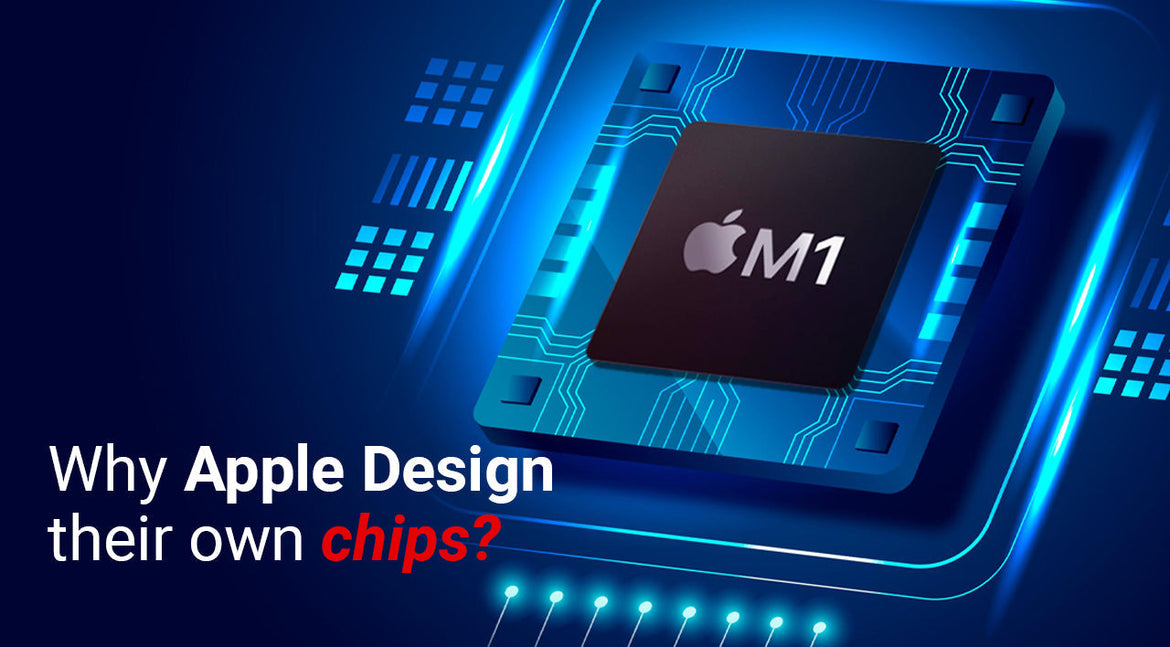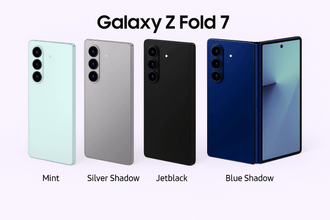
Why does Apple make their own chipset for its devices rather than depending on third-party companies?
- Apple
- 19 Apr, 2023
Introduction
Over the past few years, Apple has been making waves in the technology industry with its proprietary chipsets across iPhone, iPad, Mac and even the latest Vision Pro devices. Instead of relying on companies like Qualcomm or Samsung, Apple has invested heavily in developing its own custom chips, such as the A-series, M-series and now the newer M4 chips. Apple keeps pushing the boundaries of efficiency and performance. In this blog post, we will explore the reasons why Apple has chosen to make its own chipsets and the benefits that come with this approach.
Greater Control over Hardware and Software Integration
By designing its own chipsets, Apple has complete control over the hardware and software integration in its devices. This means they can optimize the performance of their devices to the exact specifications they desire. In turn, this allows them to deliver a smoother and more seamless user experience, as the hardware and software are perfectly aligned and optimized for one another.
Customization and Innovation
Apple's custom-designed chips allow it to innovate and differentiate its products from its competitors. Apple can create unique features and capabilities that are not available on other devices. For example, in comparison to previous models such as the M1 and M2 chips, Apple's M4 chip, which was released in 2025, provides even faster performance, improved AI processing capabilities and increased energy efficiency. This shows how Apple's ongoing investment in customized silicon produces real advantages for users.
Improved Security
By developing its own chips, Apple can implement its own security measures at a deeper level, which helps to prevent unauthorized access and hacking attempts. This is particularly important for mobile devices, as they often contain sensitive personal data.
In 2025, with the increasing use of on-device AI, Apple’s custom chips have integrated advanced security enclaves to ensure that sensitive AI computations and personal data stay private and secure without ever leaving the device.
Reduced Dependence on Third-Party Suppliers
By developing its own chips, Apple reduces its dependence on third-party suppliers, which can lead to greater flexibility, speed, and cost savings. They no longer have to rely on the availability of other companies' chips and can customize their own chipsets to meet their specific needs.
Greater Profits
Another reason why Apple has chosen to develop its own chips is that it allows it to generate greater profits. Instead of paying licensing fees and royalties to third-party chip manufacturers, they can keep those profits in-house.
Conclusion
In conclusion, Apple's commitment to developing its own chipsets continues to define its competitive edge in 2025. With innovations like the M4 chip and powerful AI capabilities, Apple has positioned itself not just for seamless experiences but also for leading the next era of personal computing and security.




























